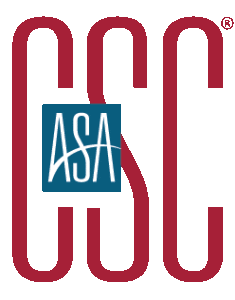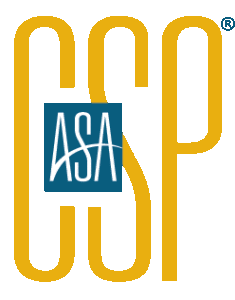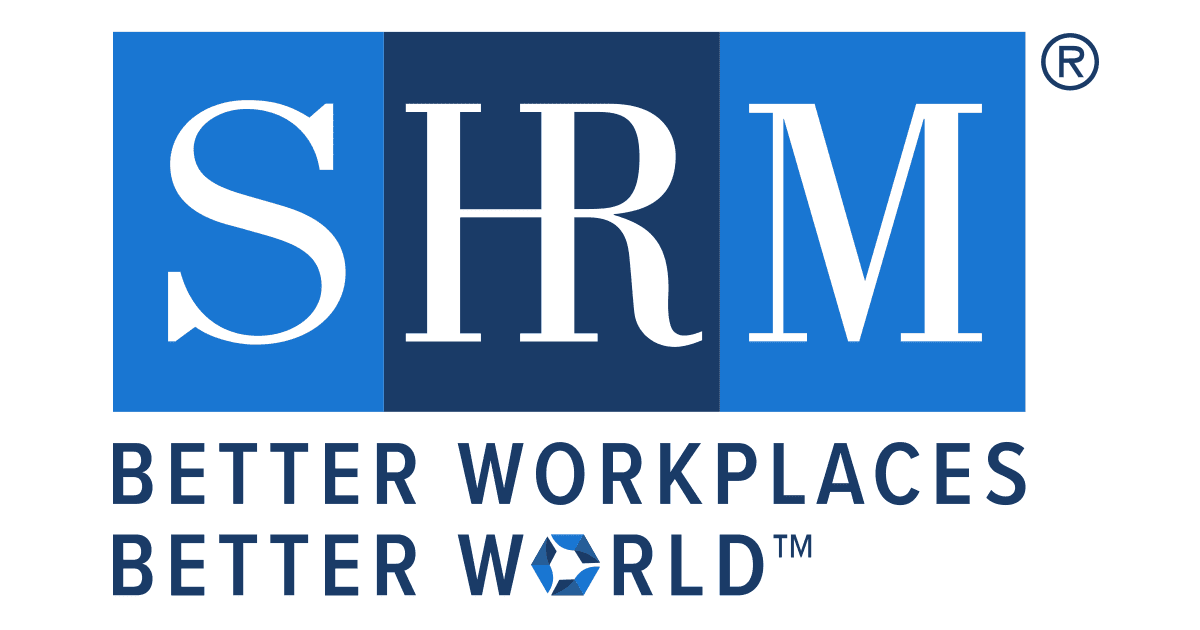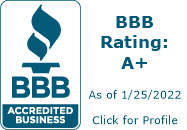
Finding a job just after graduation can feel challenging if you have no internships or prior professional experience. You’re often competing against people with a fuller resume and years of work experience behind them. What are good entry level jobs you can do with no experience? It’s very easy to feel like you’re caught up in a catch-22 situation where you need work experience to find work.
However, the fact is that there are numerous opportunities open to people with minimal or no experience. There have to be, or else no one would ever be able to build a career. Plenty of companies out there make it a point to take in entry-level candidates for job categories that are a perfect fit for recent graduates.
Some of the best entry-level positions for college grads provide fair compensation for candidates with the right skills and commitment. Let’s look at the 6 best jobs for college grads with no experience.
1. Salesperson
Sales jobs often get a bad rap, but they’re a great way to build vital skills that will be invaluable to you later on in your career. They can help develop your soft skills and teach you how to deal with rejection. It also makes you a good listener and an effective communicator in any situation. It’s a great job to apply for if you’re seeking an entry-level position.
It’s one of the 6 best jobs for college grads with no experience because most companies out there need salespersons to sell their products and services. Not all sales deals happen at the same level, but the skill sets involved are the same. Moreover, salespersons are on the ‘frontlines,’ so to speak. They’re the ones interacting with the customers every day and they often have a better understanding of their pain points, industry dynamics, and the pros and cons of the company’s products. This is knowledge you can use to make a lateral shift into other company departments, such as marketing or product development.
2. Data Analyst
What are good entry level jobs in the tech sector if you have no experience? Everyone from financial service companies to consumer goods manufacturers, healthcare organizations, and hospitality companies need them. We are living in the age of Big Data, and this covers a wide spectrum of industries. Moreover, the need for collecting and understanding data is only growing. Data analyst is one of the 6 best jobs for college grads with no experience because these positions are ubiquitous.
A data analyst interprets and structures data into information that a business can use. Responsibilities include collecting, interpreting, and organizing the data and then analyzing the results to pull business insights. It’s ideal for people with a head for numbers, but it’s also a job that requires creativity and business acumen. The way you present your data and how compelling your insights are can make a big difference to your business. With the right company, it can be one of the best paying jobs for college grads with no experience.
3. Real Estate Agent and Broker
Property management can be a rewarding career even if you’re an entry-level candidate finding a job right after graduation. In most cases, all you need is a high school diploma and a state broker’s license to get started. You might have to put in a little bit of time prepping for the real estate exam that gets you your license, but it certainly doesn’t dissuade the millions of Americans who opt to try their hand at real estate.
Like any industry, there are ups and downs in real estate. However, it’s also an evergreen industry in that people are always buying and selling properties, both residential and commercial. If you’re personable and willing to work hard, it’s one of the 6 best jobs for college grads with no experience. In a recent survey, 85% of real estate agents said they were happy with their career choice and 71% of them were attracted to the earning potential of the job.
4. Project Manager
A quality project manager can be an indispensable commodity for a business. From troubleshooting problems to clearing bottlenecks and ensuring cross-functional communication, a project manager is a vital cog in the enterprise machinery. As with many of the other 6 best jobs for college grads with no experience, project management can teach you a range of skills, such as diplomacy, risk management, communication, and more.
Moreover, it’s often something that requires a learning curve even for experienced candidates. Each company and project has its own features and challenges. In most cases, project managers have to adapt to the processes, structure and dynamics of the company in question, which makes it ideal for candidates to find a job after graduation.
5. Nonprofit Assistant
If I want to make a difference in the world, what are good entry level jobs I can get with no experience? If this is your mindset, you should consider working for a nonprofit. Nonprofit organizations often have limited budgets, which means that this may not be the most high-paying job right out of the gate. However, these organizations often look for commitment and a willingness to work hard more than anything else.
One thing that makes a nonprofit assistant one of the 6 best jobs for college grads with no experience is that you have such a wide variety of organizations to choose from. You can focus on finding an entry-level position with an organization involved in something that interests you. If there’s a cause you particularly identify with and feel you can contribute to, this might be one of the best jobs for you, even as a college grad without experience. It’s also a chance to meet a lot of different people and get some real life experience under your belt, which is always going to be beneficial later on. There are lots of different kinds of nonprofits to choose from, including public health advocacies to legal aid offices, social rights groups, and diplomacy nonprofits.
6. Client Relations
Managing client experience is a very important function for any business. Everyone from IT firms to consultancies, marketing agencies, and more, employ people to manage client relationships. Among the 6 best jobs for college grads with no experience, it’s one of the best ones out there. All you need is a positive attitude and a nimble mindset to succeed.
Are you wondering what are good entry level jobs you can apply for with no experience when you want to work with people but don’t really like selling? Client relations could be for you. Unlike sales, you don’t have to worry about bringing in new clients and meeting quarterly targets. Client relations is more about maintaining existing relationships and ensuring compliance with contractual agreements. In this role, you’re often the primary point of contact for the client, a supplier and partner interface, and bridge to service-level teams in your company.
Don’t Let a Lack of Experience Stop You

Recent college graduates sometimes complain that no one wants to hire them because they lack experience. This creates a dilemma, as they can’t get experience until they get hired. Fortunately, things aren’t really so dire. According to the Bureau of Labor Statistics, more than 70% of recent college graduates aged 20–29 were employed. So we know plenty of companies are hiring, even for entry-level positions.
It’s a myth that the best jobs are off-limits for college graduates with no experience. Finding a good job after graduation is all about identifying your priorities. What are you really after? Higher pay? A relaxed lifestyle? Experience in a specific industry? With a targeted approach, you can find a job that both fulfills your goals and offers you professional exposure. Do your own research on the 6 best jobs for college grads with no experience and see if one of them is right for you.


 Prior to working for Whitman Associates, Inc, Shawnte supported the federal government working as a contractor for Culmen International, LLC. This included working for over 13 years supporting the Department of Energy/National Nuclear Security Administration maintaining the travel budget and handling travel logistics for Federal employees as well as supporting Federal management with various administrative and Human Resources operations.
Prior to working for Whitman Associates, Inc, Shawnte supported the federal government working as a contractor for Culmen International, LLC. This included working for over 13 years supporting the Department of Energy/National Nuclear Security Administration maintaining the travel budget and handling travel logistics for Federal employees as well as supporting Federal management with various administrative and Human Resources operations.




 Lilly graduated from George Mason University with a Bachelor of Science in Biology. She plans to attend law school in the fall, and hopes to find a career that merges her interest in the law and passion for environmental science and urban sustainability. While at Mason, she was a member of the 17 Rooms-U Team, a collaborative effort to implement the 17 United Nations’ Sustainable Development Goals on campus and in the Fairfax community.
Lilly graduated from George Mason University with a Bachelor of Science in Biology. She plans to attend law school in the fall, and hopes to find a career that merges her interest in the law and passion for environmental science and urban sustainability. While at Mason, she was a member of the 17 Rooms-U Team, a collaborative effort to implement the 17 United Nations’ Sustainable Development Goals on campus and in the Fairfax community.
















